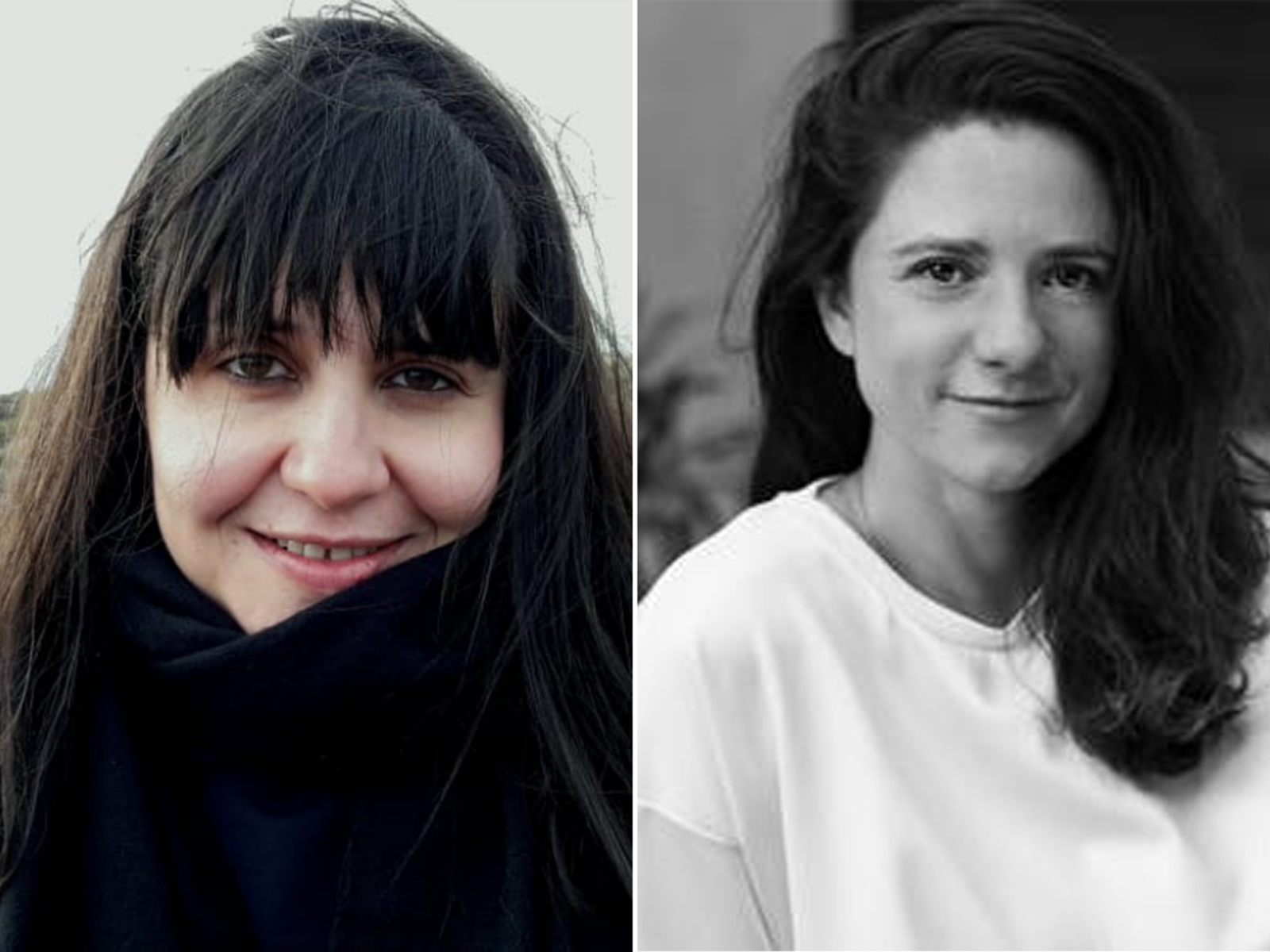
- Festivals
Breaking the Silence: The Awakening of Women Filmmakers Around the World
Guadalajara International Film Festival June 2022
With gender politics raging while women artists and professionals struggle to secure equitable footing in the world, female-driven stories continue to enrich global cinema.
Flávia Neves and Marianna Bastos are two new Brazilian filmmakers who dare to challenge a history of oppression and whose films competed in the Ibero-American Features section at the Guadalajara International Film Festival.
In Neves’ Fogaréu, Fernanda (Bárbara Colen) is living proof of her own family’s sinful and silenced past. After her foster mother dies, she returns to the state of Goiás to claim her inheritance. Her mixed-race and liberal politics stand out perilously amidst this white, land-developing, corrupt family. But the more passive-aggressive they become toward her, the more stubborn she turns.
Befriending the mentally impaired maids, Fernanda discovers a secret world of racially mixed, practically enslaved women who are the product of incest and rape. She also discovers that she, herself, belongs to this generation: her biological mother is none other than the maid of the house who was raped by the man she thought to be her uncle. When, in her eyes, the family establishment collapses, another rises out of its ashes – the indigenous tribe which struggles to survive amidst white aggression. The rape of women and the rape of nature, she realizes, are perpetrated by the same evil forces; forces that must be once and for all exposed for what they are.
The story seems extreme but, according to the director, it is true and not all that uncommon. During an in-person interview on the GIFF grounds, Neves said that she didn’t have to look far: her own mother was adopted and raised as a live-in maid in the same middle-western Brazilian state. Although she is white and fairly privileged, she sympathizes with the suffering of women and with the indigenous people. The Āwa tribe that is featured in her film, for example, is almost extinct along with their language. The area has been exploited for years but, more recently, state-endorsed agribusiness is dealing the final blow. Presently, there are only 6 Āwa persons left. Their only chance at survival is mixing with other tribes.
“In my state, a lot of women have been killed or suffered violence,” the director said. “It is a very patriarchal society until today, named after an indigenous people that have been already eradicated. Yet, their culture survives within the culture of the women, their closeness to nature and their customs.”
Despite the tragic developments taking place in Brazil right now, brave women like Flávia Neves stand up for their own kind. “In Goiás, women don’t have the chance to speak, to make films, to make art,” she mentioned. “It was important to me to have a protagonist that speaks a lot, to go against this culture of unspoken things”.
Mariana Bastos’ Raquel 1:1 exposes the current wave of Evangelist fanaticism in Brazil, one more culture fostering female oppression. “Brazil is a very religious country and also a violent country,” the director mentioned. “So, I thought it was a good idea to talk about violence against women from the religious perspective.” Researching the Bible, Bastos was surprised by the violence it contained, especially in reference to women.
Raquel (Valentina Herszage) returns to her dad’s small town after a traumatic experience, which is gradually revealed to be the violent death of her mother at the hands of an ex-lover. When she’s invited to join the town’s church by a couple of peers, she accepts – but quickly discovers that she does not quite fit in. Her genuine spiritual temperament and her strong individuality clash with the church’s ethic of hierarchy and conformism.
The heroine cannot accept that the Bible – to which she is called to submit with blind faith – sees women as inherently evil, deserving of punishment and oppression. So, she takes it upon herself to “revise” it. Just the word “revise,” however, is enough to pit Raquel against her community.
Her inspiration to change the parts of the Bible which are explicitly derogatory toward women is hinged on a deeper need to process her trauma and instance of male violence. While researching, Bastos discovered that the sentiment of dissent is not unusual. Young women have started to question their religious traditions.
“The Evangelical Church in Brazil is growing fast because people have given up on reality. We are in a deep crisis, education is going down, and people don’t have money to buy food!” the director explained. Moreover, Brazil’s government supports the Church and has helped skew the tradition to fit its twisted and exploitive agenda.
For Bastos, however, the central point of interest does not have to do with religion but with womanhood. “As women, we are all victims,” she said. “If you are a woman in Latin America, you’ll probably have experienced some instance that you consider violence against you.”
The wave of conservatism and traditionalism is met with the opposite impetus of female empowerment. Stories of women dealing with generational or personal traumas, and finding the courage to heal, constitute real cause for optimism. “If you look at the history of humanity, you will see that progressive ideas always win – though, sometimes, there is violent resistance”.

